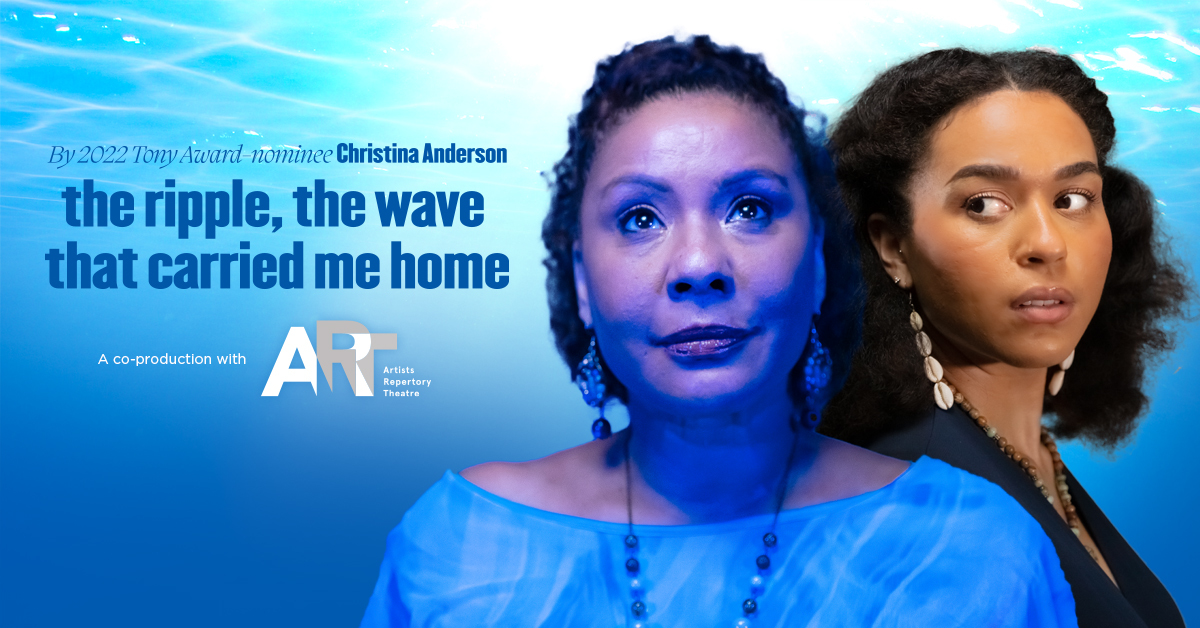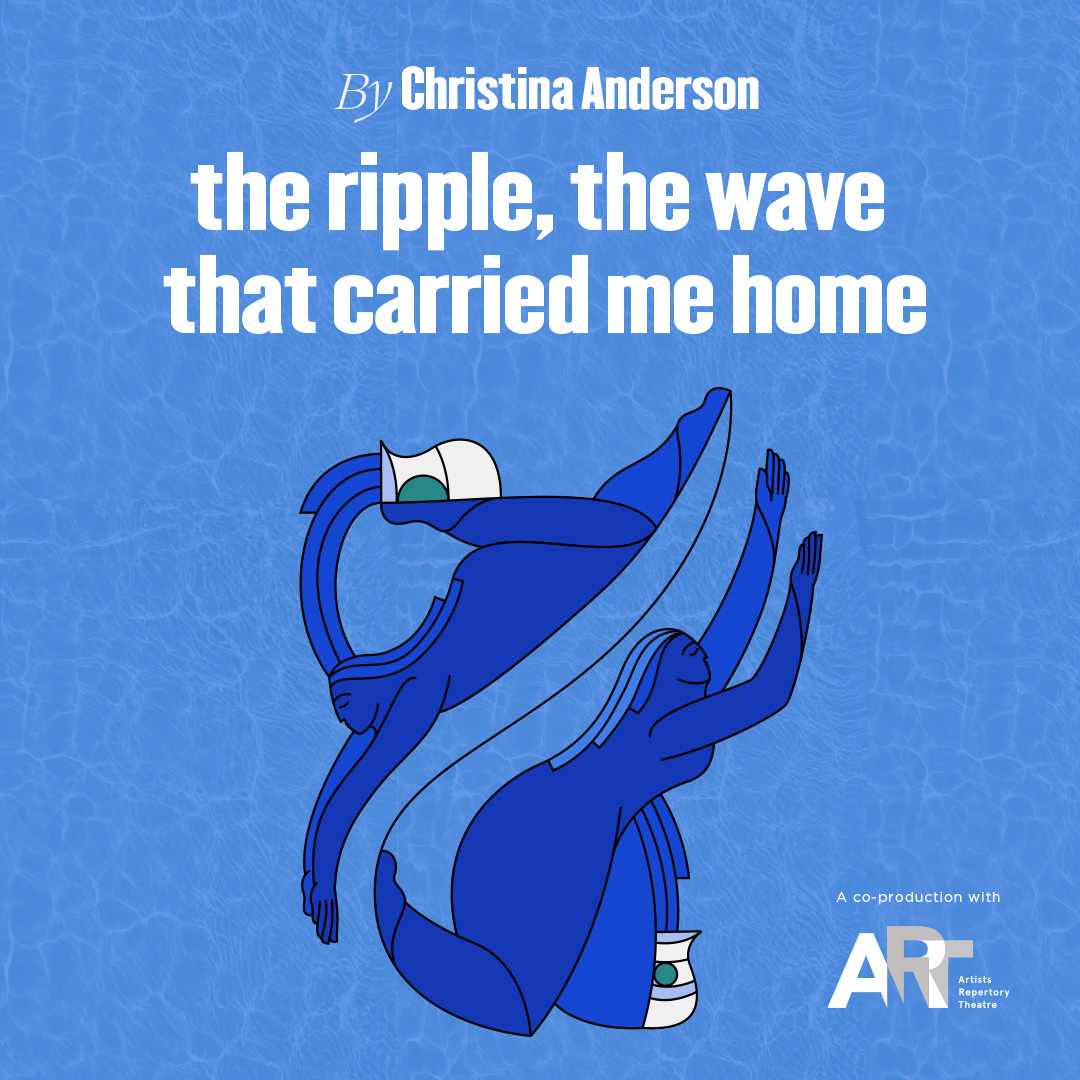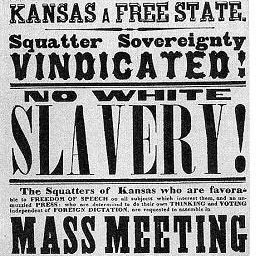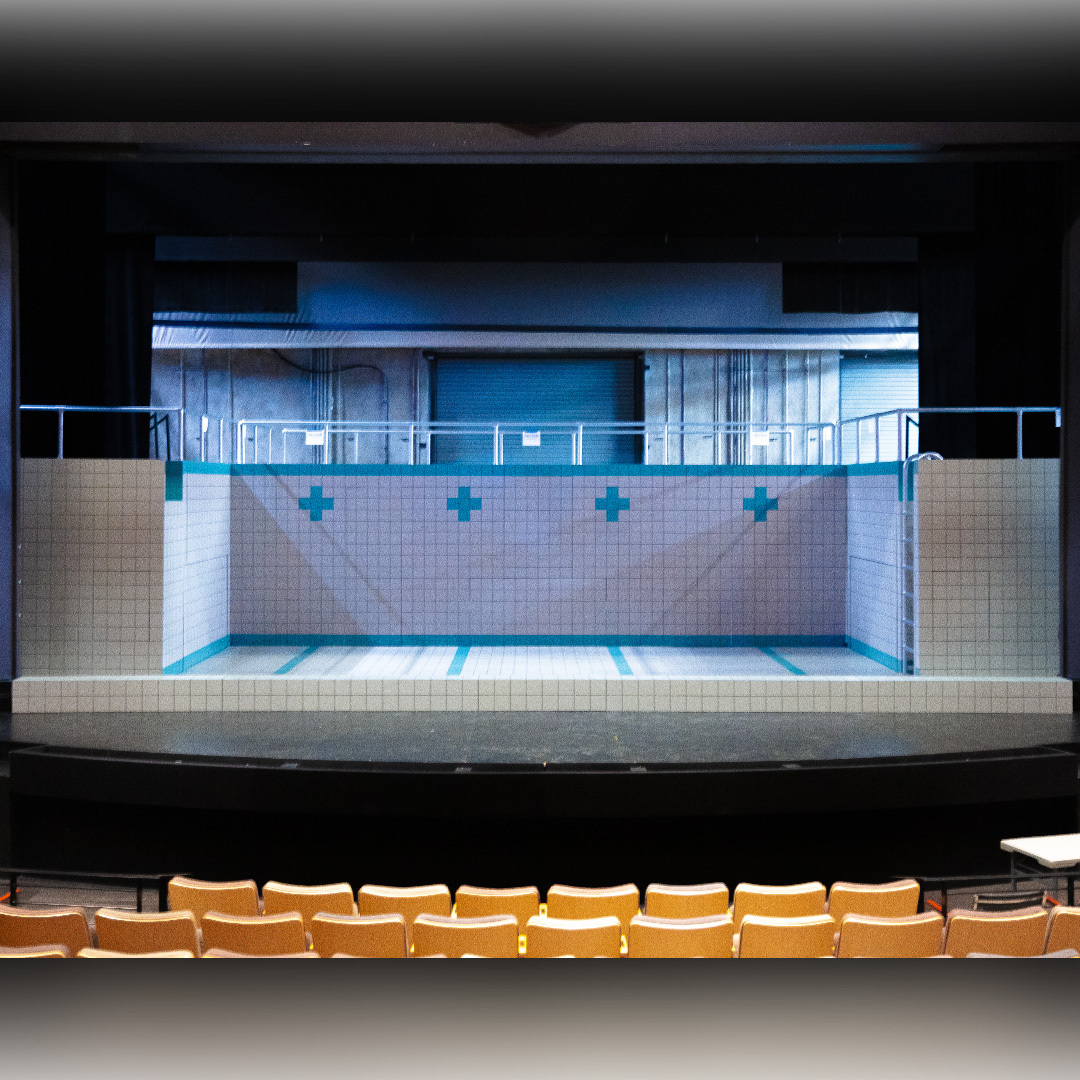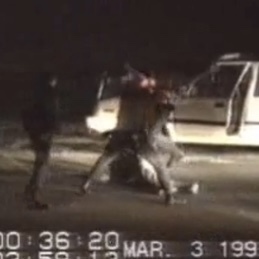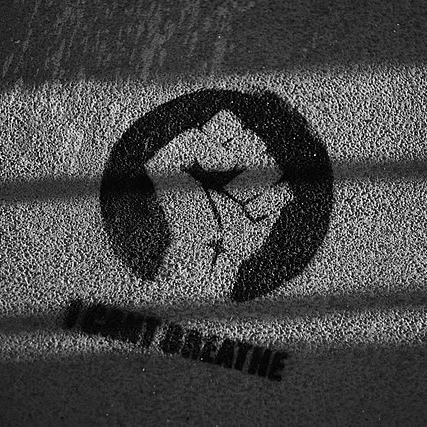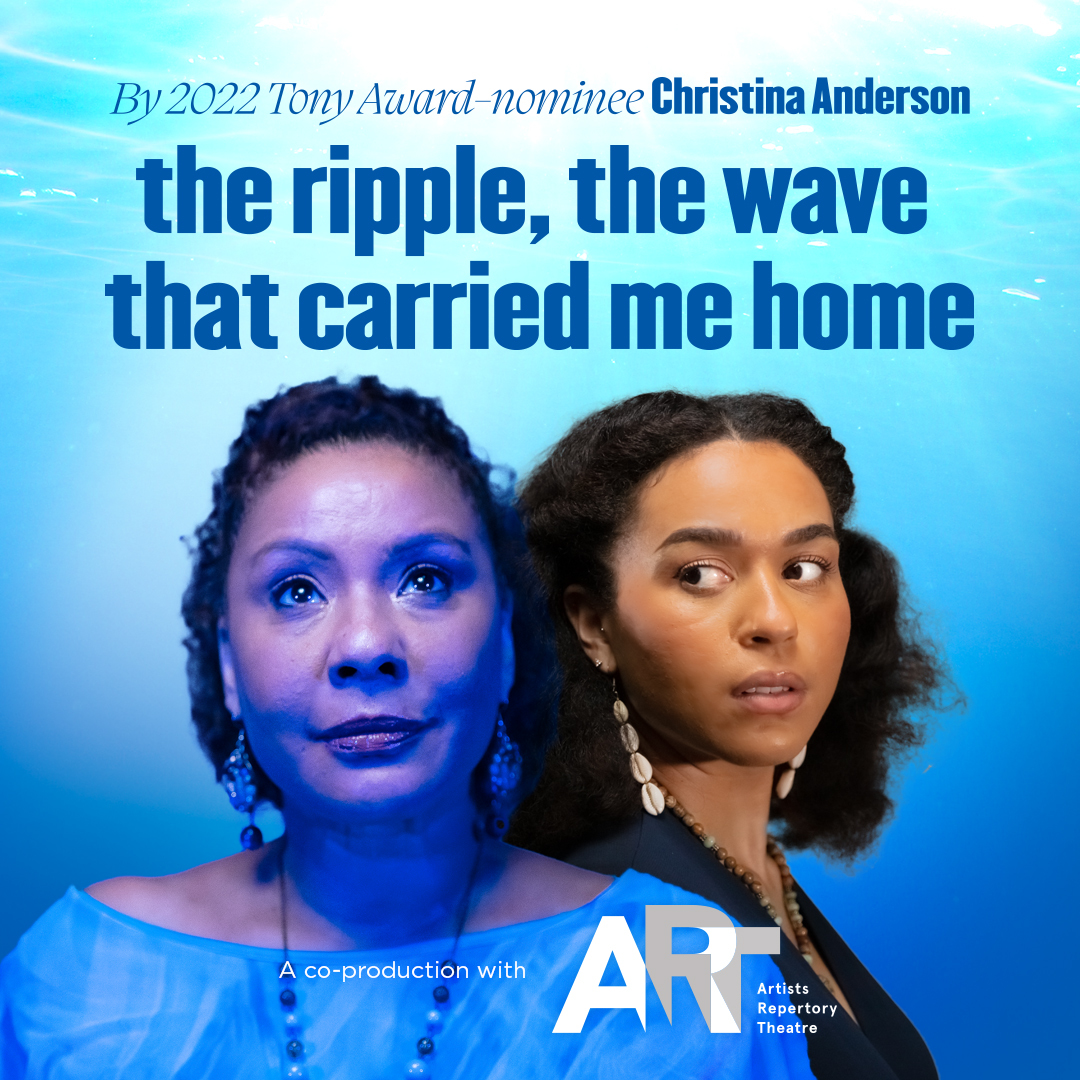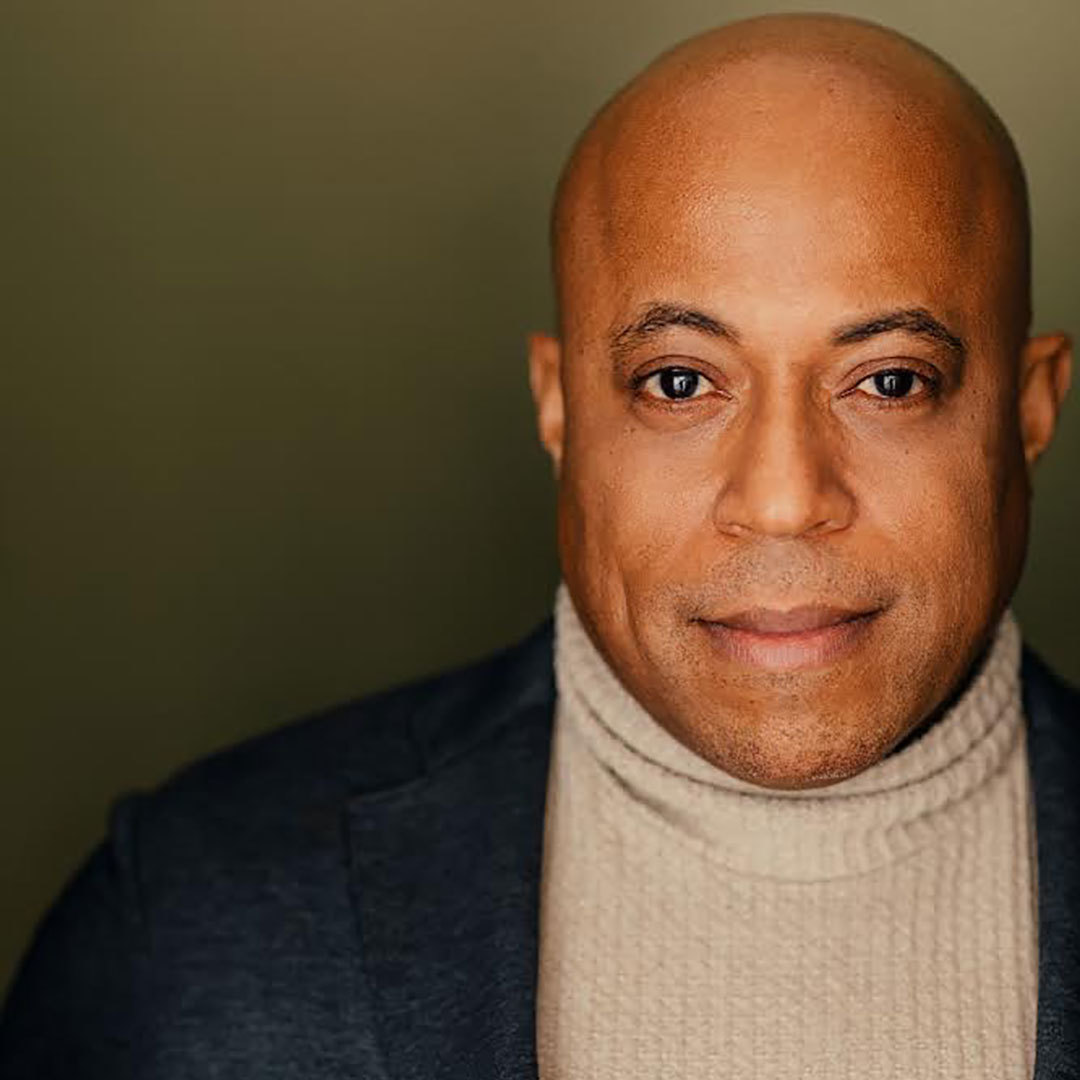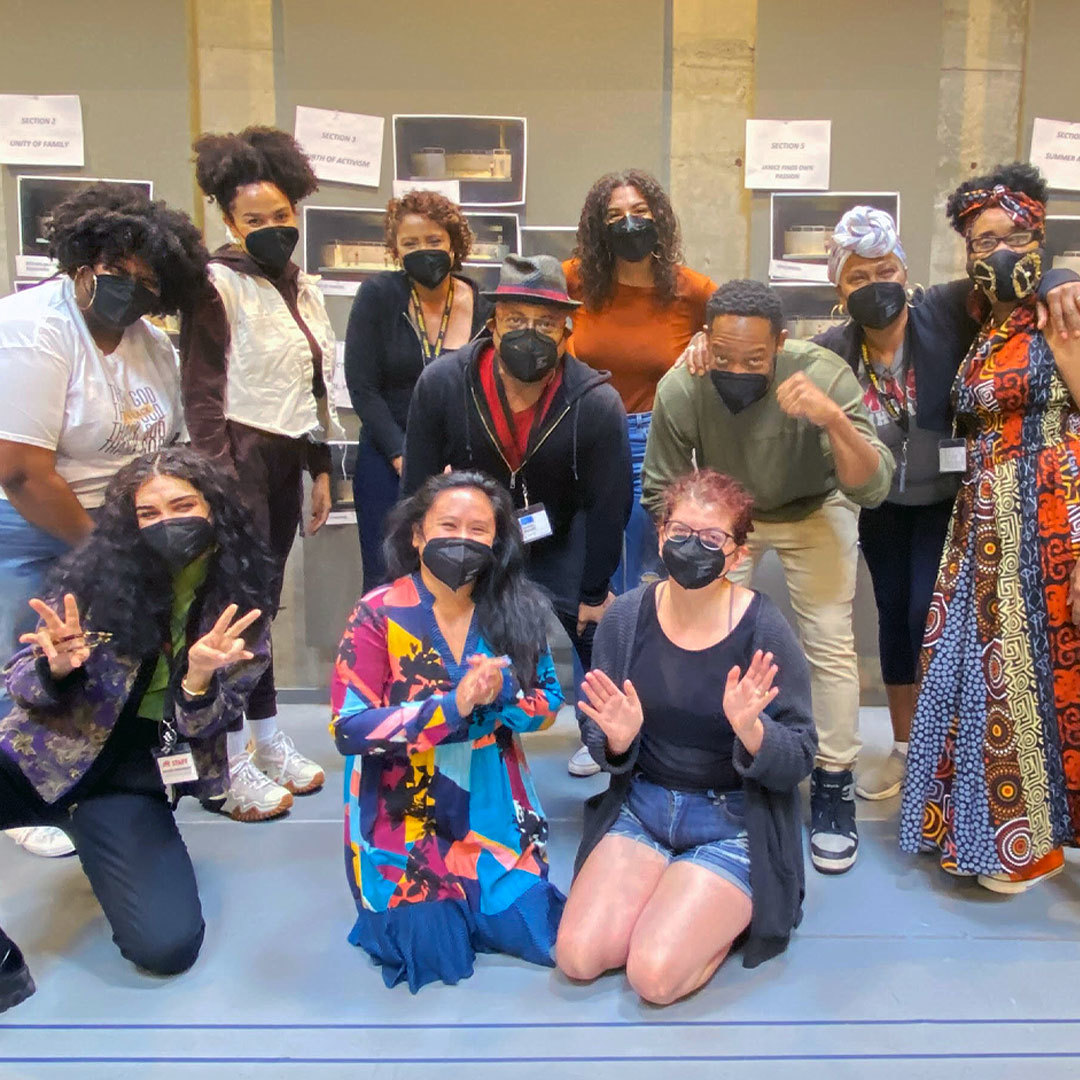Resource Guide
the ripple, the wave that carried me home Plot Summary
Spoiler alert! A brief overview of the ripple, the wave that carried me home.
Learn MoreKansas: A Background of the Play's Setting
Learn more about the development of the state of Kansas and the origin of Beacon, Kansas.
Learn MoreSegregation & Swimming Timeline in the United States
The history of swimming pool segregation in America is long and complicated. This feature highlights the major events between 1800 and 2022.
Learn MoreRodney King, the L.A. Riots, and the Aftermath
Learn about who Rodney King is and the impact this incident sparked in 1991.
Learn MoreA Brief History of Police Violence
Police violence in America can be traced all the way back to the 1700s. Read more to learn about the progression and changes between the early 1700s and now.
Learn MoreDiving Deep: How Pool Segregation Sprung a Movement
Since the first public pool was opened in Boston in 1868, there have been strict regulations on who can and cannot share the water.
Learn MoreFrom the Director: Daniel J. Bryant
The director of the ripple, the wave that carried me home discusses the complicated history of Black people's relationship to water, and the way the play "offers a powerful return to the water and takes us on the incredibly personal journey of finding strength, freedom, and joy through forgiveness."
Learn Morethe ripple, the wave that carried me home Reading List
Calling all readers! Multnomah County Library put together a reading list inspired by our production of the ripple, the wave that carried me home.
Learn MoreCast & Creative Team
Meet the cast and creative team for the ripple, the wave that carried me home.
Learn MorePRE-SHOW DISCUSSION QUESTIONS
What is the definition of “evidence”? Try to list three different forms of evidence in order of credibility.
Are there any social justice movements that you support but don’t actively participate in? Why or why don’t you choose to actively participate?
As of now, what do you know about the history of pool segregation in America? There are no right answers! Just reflect on what you know and what questions you may have.
POST-SHOW DISCUSSION QUESTIONS
Who is Rodney King and why is he important? What other cases remind you of this one?
This play jumps between time periods ranging from 1935-1992. What similarities and differences do you see in how racial issues are handled now versus then?
List three examples of evidence being dismissed in this play. Why was this evidence dismissed and do you think it was fair?
Here is a question from the play: “How do you show support for someone you know?” and “How do you show your support even if you don’t know them?”
ACTIVITY I:
Water is a complicated element.
It heals, destroys, rescues, erases.
It drowns. It saves.
It holds memory. It washes away pain.
Materials: As many creative mediums as possible. Pens/pencils, paper, markers, paint, whatever is available.
Step 1: Read the quote above.
Step 2: Give examples of how water: 1. Heals 2. Destroys 3. Rescues 4. Erases
(Example: Water destroys certain materials, breaking them down over time.)
Step 3: Choose one of the following elements to focus on: earth, water, fire, air.
Step 4: Choose a creative medium to express the attributes of this element. What properties does it hold that affects our lives? Why do we need this element? Use as much symbolism and expression as you’d like. This could be a painting, a written piece, or even a presentation.
ACTIVITY II:
Swimming became a social and political symbol
Water turned into denial, rejection
Materials: Laptop/device and something to write with.
Step 1: Pick one decade between 1800 and 2019.
Step 2: Read through the main events that happened during the decade you’ve chosen in the “Segregation and Swimming Timeline in the United States” feature on our resource guide page.
Step 3: Choose one fact/event during this decade that you think is most relevant to the quote provided above.
Step 4: Create groups of 3-4 people and share your fact/event you chose and why it resonated with you. Have one member of each group share what they discussed.
Glossary
Ali: Born in 1942 as Cassius Clay, Muhammad Ali was a Black Boxer, civil rights activist, and philanthropist whose career boasted 61 professional fights, with 56 wins and 37 knock outs earning him the title “The Greatest.”
Aloe: Short for aloe vera, a succulent or cactus-like plant that grows in hot, dry, subtropical regions such as Arizona, and California. The gel inside of the aloe vera plant is often used to treat skin conditions or wounds such as acne or sunburns.
Aquaman: First appearing in a DC Comic in 1941, Aquaman (Arthur Curry) is a superhero whose powers include super strength, durability, control over sea life, exceptional swimming, and the ability to breathe underwater.
Aquatic aerobics: Also known as water aerobics or aquarobics, aquatic aerobics is a form of low-impact exercise performed in a pool. Typically an aquatic aerobics class will last an hour and be led by an instructor at the front of the class. The buoyancy of the water is gentle on the joints, making it a popular style of exercise for those who suffer from joint pain.
Archeological dig: Also called an “archeological excavation”, the process of going to a natural site to expose, process, and record remains found in the ground, often performed in areas that may contain artifacts or other important elements.
Army buzz cut: Also called an induction cut, it is the shortest possible haircut without shaving the head (clipper with no guard or attachment), typically worn by and required for members of the U.S. military.
Beverly Hills: A city in Los Angeles County, California (western LA). Once a simple lima bean ranch, the land was incorporated by investors looking for oil, developed into a town, and is now one of the most affluent cities in the world.
“Born by a River”: The opening line to the Sam Cooke song “A Change is Gonna Come” released in 1964.
Cadillacs (and the length of): In 1951, a standard Cadillac car was 215.9 in or a little over 17 feet. Most cars range between 10-18 feet long. If the pool is the length of 6 Cadillacs, it’s about 100 feet long.
Church tithes: The practice of giving 1/10 of one's income to the church as an expression of thanks and dedication to Christ. Many christians cite Leviticus 27:30 “A tithe of everything from the land, whether grain from the soil or fruit from the trees, belongs to the Lord: it is holy to the Lord.” These gifts were a reminder that everything belonged to God and a portion was given back to God to thank him for what they had received as the mandate for the practice.
City Hall: The central administrative building of a municipality, typically housing the offices of the mayor and town council.
CourtTV: A cable channel launched in 1991 with a focus on crime-themed programs such as true crime documentary series, legal analysis talk shows, and live news coverage of prominent criminal cases.
“Each of us are 60% water”: According to the United States Geological Survey, up to 60% of the human adult body is water. According to H.H. Mitchell, Journal of Biological Chemistry 158, the brain and heart are composed of 73% water, and the lungs are about 83% water. The skin contains 64% water, muscles and kidneys are 79%, and even bones are watery: 31%.
Eagle Scout: The highest rank one can achieve in the Boy Scouts of America. This organization, founded in 1910, aimed at “preparing young people to make ethical and moral choices over their lifetimes by instilling in them the values of the Scout Oath and Law” through outdoor activities, community service, and educational programs.
“Everything’s Gonna Be Alright” by Naughty By Nature: Naughty By Nature is a hip-hop trio from New Jersey. “Everything’s Gonna Be Alright” is the second single on their 1991 self-titled second album, and features a reworking of Bob Marley’s “No Woman No Cry” in its chorus.
Founding members plaque: Many churches feature a plaque on the cornerstone of their building, which lists the first members of the church who are often the ones who raised or gave the money for the church to be built and established.
Freestyle stroke: The freestyle stroke, also known as front crawl, is the fastest and most efficient of the swimming strokes used in competition. The freestyle stroke is swum in a horizontal position with the body facing down. Arms move alternately, one arm moves and pulls underwater from an extended forward position to the hip, the other arm recovers above water from the hip to the extended forward position while the feet are in a flutter kick.
Girl Scout: The sister organization of the Boy Scouts of America, founded in 1911.
Hey Arnold: An animated American comedy TV series popular in the mid-to-late 90s and early 2000s.
James Brown: (1933-2006) An American singer, songwriter, arranger, dancer, and one of the most important musicians of the 20th century. Brown’s career spanned over five decades and a wide variety of genres, granting him the nickname “the Hardest-Working Man in Show Business,” as well as the “Godfather of Soul,” “Mr. Dynamite,” and “Soul Brother Number 1.”
LA Riots: A series of protests and uprisings in Los Angeles County in April and May of 1992 after four police officers beat an unarmed Black man named Rodney King on video and were fully acquitted.
Martinique: An island state in the Lesser Antilles of the West Indies in the eastern Caribbean sea; a colony of France and part of the French Republic.
Mr. Brokaw: Thomas John Brokaw, born 1940, is a retired American network TV journalist. He started as the co-anchor for The Today Show, followed by NBC Nightly News, where he was considered one of the “Big Three anchors” in the US, and is the only person to have hosted all three major NBC News programs (The Today Show, NBC Nightly News, & Meet the Press).
Olympic size pool: Olympic swimming pools are 50 meters long, 25 meters wide, and 2 meters deep. Each pool holds 660,253.09 gallons of water.
“Papa don’t take no mess ...”: A funk song by James Brown, his 17th and final number one R&B hit, released as a two-part single in 1974. The full song is almost 14 minutes long.
Parkinson’s: A progressive degenerative brain disorder impacting the nervous system and any parts of the body controlled by nerves, often known for causing unintended or uncontrollable movement such as shaking or stiffness.
Poseidon: Poseidon, in ancient Greek religion, god of the sea (and of water generally), earthquakes, and horses. He is distinguished from Pontus, the personification of the sea and the oldest Greek divinity of the waters.
Provost: The chief academic officer at a university or other institute of higher education. A Provost reports directly to the President of the institution, and has academic and financial responsibilities, such as managing and approving budgets, overseeing tenure, and developing institutional and academic policies.
Public Works: An umbrella category of governmental infrastructure projects for public recreational, employment, or health and safety uses, such as municipal buildings and facilities in a community.
Rodeo Drive: A shopping district in Beverly Hills, California known for designer label and couture boutiques and storefronts, as well as high-end restaurants. Pronounced roh-DAY-oh.
Rodney King trial: Ending on April 29, 1992, the trial of four LAPD officers — Sgt. Stacey Koon, Theodore Briseno, Laurence Powell, and Timothy Wind — resulted in a not guilty verdict. The officers were charged with the felony assault of Rodney King in a traffic stop. The verdict sparked the 1994 L.A. Riots.
Romance language: A group of languages developed from Latin, referred to as “Romance” because of its origins in the Roman empire.
Sam Cooke: Born Samuel Cook in 1931, he was one of the early pioneers in soul music, earning the title of “King of Soul.” He was most known for his songs “A Change is Gonna Come,” “Wonderful World,” and “Chain Gang.” Cooke was an influential part of the Civil Rights Movement.
Saturday Night foot-stomping: Likely refers to dance parties that often took place in “Juke Joints” or unofficial clubs hosted in abandoned or private homes.
“Stand By Me”: A 1986 movie based on Stephen King’s novella “The Body” where four boys in a small town in Oregon set out to find the body of a missing child in the area, hoping to be known as heroes. They hike for a few days over the Labor Day weekend in 1959, finding the boy, but eventually decide to report it anonymously so as not to exploit the victim’s death for their own gain.
Stump speech: A repeatable speech delivered by a politician during campaigning that captures the essence of their platform.
Sugar Chile Robinson: Frank Isaac Robinson, born 1938, is a child prodigy pianist who began playing jazz, blues, and boogie music at age three. He is the first Black performer to appear at the White House Correspondents’ Dinner, and while singing “Caledonia” for President Truman, he created his catchphrase “Ho’m I doin’, Mr. President?”
Ten Government Holidays: The ten federally recognized holidays are:Xeroxed: The colloquial term referring to the xerographic copying process, a digital copying process made popular by the Xerox Holdings Corporation.
- New Year's Day (January 1)
- Birthday of Martin Luther King, Jr. (Third Monday in January)
- Washington's Birthday (Third Monday in February)
- Memorial Day (Last Monday in May)
- Independence Day (July 4)
- Labor Day (First Monday in September)
- Columbus Day (Second Monday in October)
- Veterans Day (November 11)
- Thanksgiving Day (Fourth Thursday in November)
- Christmas Day (December 25)
Thank you to our Education Program Sponsors!
Portland Center Stage is committed to identifying & interrupting instances of racism & all forms of oppression, through the principles of inclusion, diversity, equity, & accessibility (IDEA).


